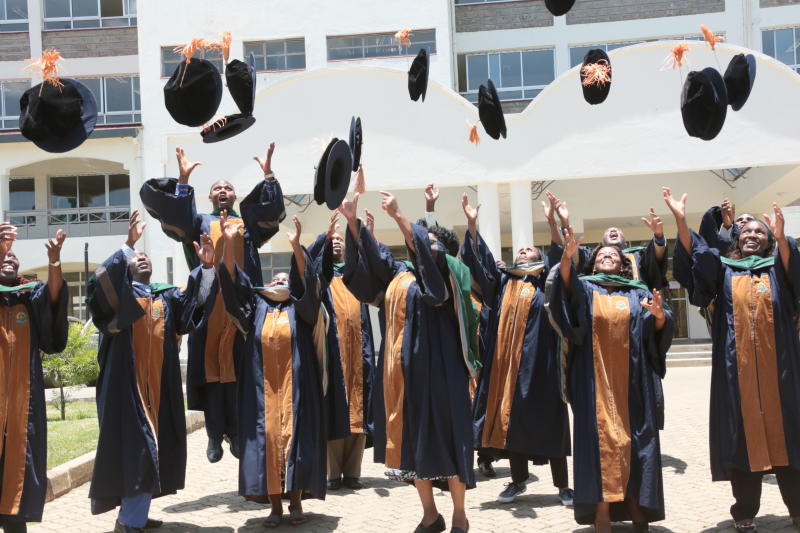×
The Standard e-Paper
Kenya’s Boldest Voice

If the proposal to end Bachelor of Education (BEd) degree courses goes through, I will be a proud owner of an extinct degree.
Of keen interest is why such a popular degree is being killed. Almost every university, particularly the public ones, offers it.